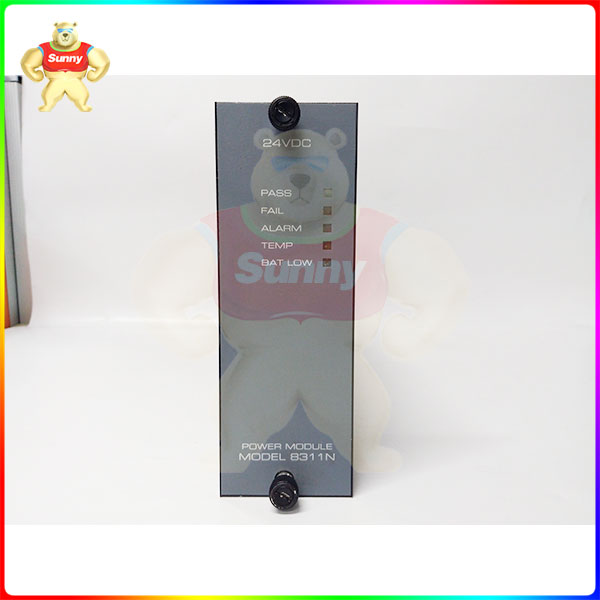Siemens launches a new Teamcenter application for Microsoft Teams, leveraging the power of AI to increase productivity and innovation throughout the product lifecycle
Assistants using Azure OpenAI services can create, optimize, and debug software code to help automate factories
Industrial artificial intelligence can effectively perform workshop visual vehicle inspection
Siemens and Microsoft have teamed up to leverage the synergies of generative artificial intelligence (AI) to help industrial companies continue to improve efficiency and drive innovation throughout the product lifecycle. To enhance cross-functional collaboration, Siemens’ product lifecycle management software Teamcenter® is integrated with Microsoft’s collaboration platform Teams, language models in the Azure OpenAI service, and other Azure AI capabilities. At the upcoming Hannover MESse 2023, Siemens and Microsoft will work together to demonstrate how creative AI can empower projects such as software development, problem report generation and quality inspection to improve factory automation and operational capabilities.
Scott Guthrie, executive vice president of Cloud and Artificial Intelligence at Microsoft, said: “The deep integration of artificial intelligence and technology platforms will revolutionize the way we work and the way businesses operate. “By partnering with Siemens, we will help more industrial companies unlock the potential of AI to streamline workflows, eliminate silos, create more inclusive collaborative environments, and accelerate customer-centric innovation.”
Promote collaboration with AI to achieve seamless internal connection
Siemens Teamcenter creates a new application for Microsoft Teams that enables design engineers, front-line operators and teams from different business units to achieve closed-loop feedback faster and overcome challenges together. The software, 
Automated software engineering powered by AI ensures continuous operation of the plant
In addition, Siemens and Microsoft will collaborate to help software developers and automation engineers accelerate code generation for programmable logic controllers (PLCS). At this year’s Hannover MESse, Siemens and Microsoft will also jointly demonstrate how OpenAI’s ChatGPT and other Azure AI services can enhance Siemens’ industrial automation engineering solutions, including how engineering design teams can generate PLC code using natural language input. This reduces time costs and error rates. At the same time, these capabilities also help maintenance teams identify errors more quickly and progressively generate solutions.
Cedrik Neike, member of the Board of Management of Siemens AG and CEO of Siemens Digital Industries, said: “Artificial intelligence is becoming one of the core drivers of digital transformation. “Siemens and Microsoft will work together to deploy tools such as ChatGPT to help workers of all sizes collaborate and innovate.”
Use industrial AI to find and prevent product defects
Early detection of defects in production is essential to prevent costly and time-consuming production adjustments. With industrial AI such as computer vision, quality management teams are able to more easily scale up quality control, identify product differences, and make real-time adjustments at a faster pace. At Hannover MESse, teams from Siemens and Microsoft will demonstrate how machine learning systems can be used to analyze images and video captured by cameras by deploying Microsoft Azure machine learning and Siemens Industrial Edge solutions. And use it to build, deploy, run, and monitor AI vision models on the shop floor.
Siemens and Microsoft are long-standing strategic partners with thousands of common customers and more than 35 years of joint innovation experience. Other areas of collaboration include Senseye on Azure, which enables enterprise-level predictive maintenance and supports customers who host their business applications in the Microsoft cloud. Make it easy to use Siemens Xcelerator open digital business platform solutions, including Teamcenter, on the cloud. In addition, Siemens will enter into a partnership with Microsoft under its zero trust strategy.
 中文版
中文版




